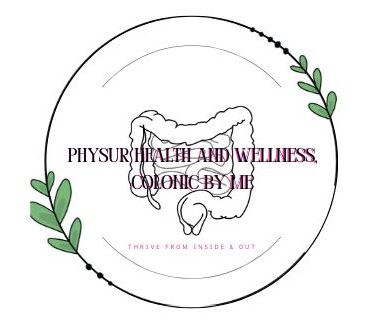The Importance of Gut Health: Understanding the Risks of Poor Digestive Function
Gut health plays a crucial role in our overall well-being, acting as the foundation for digestive efficiency, immune system strength, and even mental health. When the digestive system is not functioning properly, it can lead to a cascade of health issues—some temporary and mild, others chronic and severe. Conditions like constipation, irritable bowel syndrome (IBS), diverticulitis, and ulcerative colitis are just a few examples of what can occur when gut health is compromised.
Constipation, while often dismissed as a minor inconvenience, can significantly impact quality of life. It results from sluggish bowel movements and can lead to abdominal pain, bloating, and straining during elimination. Chronic constipation may cause complications like hemorrhoids or even fecal impaction. Poor hydration, low fiber intake, and an imbalance in gut bacteria are often contributing factors.
Irritable Bowel Syndrome (IBS) is a functional gastrointestinal disorder characterized by abdominal pain, bloating, and irregular bowel habits, including both diarrhea and constipation. Although the exact cause of IBS is unknown, research suggests that gut-brain axis dysfunction, food intolerances, and changes in gut microbiota all play a role. IBS can be a debilitating condition that affects daily life, work productivity, and emotional health.
Diverticulitis is a more serious condition that arises when small pouches (diverticula) in the colon wall become inflamed or infected. These pouches are thought to form due to increased pressure in the colon, often related to chronic constipation or a diet low in fiber. When inflammation occurs, it can cause severe abdominal pain, fever, and digestive distress. In serious cases, it may lead to complications like abscesses, perforation of the bowel, or the need for surgical intervention.
Ulcerative Colitis (UC) is a chronic inflammatory bowel disease (IBD) that causes inflammation and ulcers in the lining of the colon and rectum. Unlike IBS, which is a functional disorder, UC is a structural disease with visible inflammation. The exact cause remains unclear, but it is believed to involve an abnormal immune response, potentially triggered by gut bacteria in genetically predisposed individuals. Symptoms include persistent diarrhea, bloody stools, fatigue, and weight loss. Left untreated, UC can lead to severe complications like colon damage or increased risk of colorectal cancer.
Maintaining a healthy gut through a balanced diet rich in fiber, fermented foods, and adequate hydration can help prevent or manage many of these conditions. Probiotic and prebiotic intake supports a diverse and stable microbiome, which in turn strengthens the gut barrier and reduces inflammation. Reducing processed foods, managing stress, and getting regular physical activity also support gut function.
In conclusion, the health of your gut is far more than just a digestive concern—it affects your immune system, mental clarity, and long-term risk for chronic disease. By taking steps to support your gut, you can prevent the onset of serious issues like constipation, IBS, diverticulitis, and ulcerative colitis, ultimately improving both quality and longevity of life.
FOR MORE INFORMATION VIEW THE INDIVIDUAL TOPICS IN THE DROP DOWN MENU!
Proudly powered by WordPress
